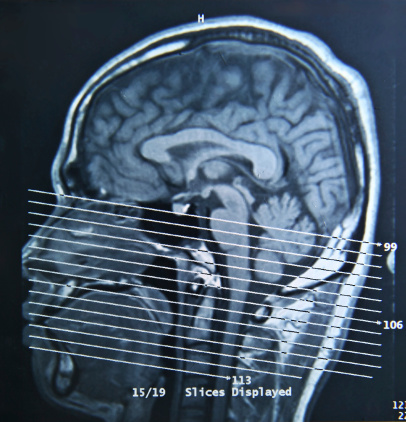Concussions were a major news topic in 2013. In August, the National Football League (NFL) came to a $795-million settlement with more than 18,000 former players seeking compensation for concussion-related brain injuries. The NFL is the most watched and most lucrative of the country’s professional sports leagues, so the lawsuit and eventual settlement shined a brighter light on concussions than ever before.
Two 2013 studies also improved our understanding of the potential long-term effects of concussions. These studies added to the evidence that symptoms of brain injury may continue long after the early symptoms of a concussion have worn off. The results of the first study was published in January 2013 in the online journal JAMA Neurology, while the results of the second study appeared online in the journal Neurology.
These studies revealed that abnormalities remain detectable in concussed brains for months and years after the traumatic event that caused the concussion. Researchers found these abnormalities in the brain’s white matter, or the nerve fibers that serve as the connections between neurons. These abnormalities may go a long way toward explaining why people who have suffered from one or more concussions appear to be at greater risk for depression or depressive symptoms.
Short-Term Symptoms of Concussion
Even without the evidence of long-term negative effects, concussions are serious injuries. Concussions fall under the category of traumatic brain injury; i.e., brain injury resulting from trauma. This injury results in altered brain functions, often impairing memory, judgment, coordination and balance. These injuries can also be painful, and may result in moderate to severe headaches. Loss of consciousness is possible with concussion, but more concussions occur without it.
Concussions are considered to be “mild” traumatic brain injuries, and until recently the effects were believed to wear off completely after a brief period. Time and rest are the best treatment for a concussion.
More Concussions, Greater Risk of Depression
The 2013 studies, as well as past studies into the long-term effects of concussion, have largely focused on retired players from the NFL. This group contains a large number of players who suffered from at least one concussion over the course of their career. The group also contains many subjects with a history of multiple concussions, which is a relatively rare phenomenon in the general population.
A 2012 study from the University of North Carolina evaluated the nine-year risk of mental health problems among retired professional football players. Of the 1,044 players who completed a baseline mental health questionnaire in 2001, 10.2 percent reported being clinically depressed during a follow-up survey in 2010. 65 percent had suffered at least one concussion during the course of their career, and the rate of depression ranged from 3 percent among the players with no concussion history to 26.8 percent among players who had suffered at least 10 concussions in their career.
The rate of depression among these retired NFL players is slightly higher than the rate of depression in the general population, which is around 9 percent. However, depression among men only occurs in the general population at around 8 percent. Furthermore, the increasing rate of depression among players with two or more concussions is well above the rate at which depression appears in the general population.
Changing Understanding of Short-Term Effects
In addition to identifying long-term risks associated with concussions, new research is also changing our understanding of the short-term effects. The second of the 2013 studies showed that although mental impairment and physical pain symptoms were mostly gone after two weeks, frontal cortex abnormalities were still apparent in the brains of concussed individuals four months after they received the concussion.
These brain abnormalities may indicate permanent damage that could lead to depression or other mental problems in the future. It is also possible that the physiological damage to the brain heals more slowly than thinking and behavioral damage. This could greatly affect our treatment of patients with concussions, who are often considered to be healthy once their behavioral and cognitive symptoms have disappeared. In the case of NFL players or others who regularly engage in activities with a high risk of concussion, it may be that resuming these activities before the physiological damage has healed increases the risk of another concussion or other injury.









